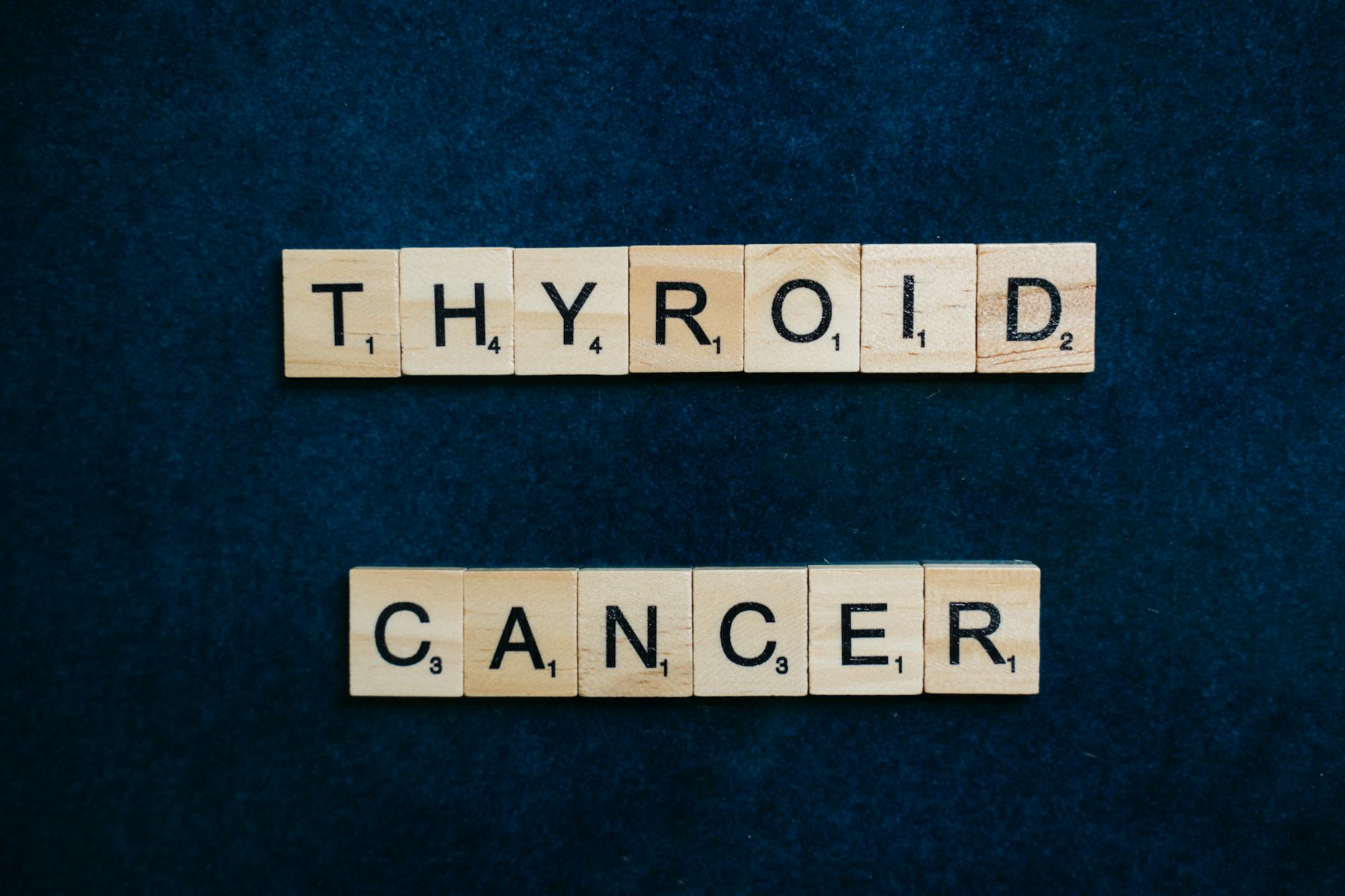Strap in for a wild ride! Discover expert tips for managing the ups and downs of Graves’ Disease symptoms today.
Table of Contents
Graves’ Disease is an autoimmune disorder that affects the thyroid gland, leading to an overproduction of thyroid hormones. This condition can cause a range of symptoms that can be challenging to manage, but with the right approach and support, it is possible to navigate the rollercoaster ride of Graves’ Disease effectively.
Understanding Graves’ Disease
Graves’ Disease is a condition where the immune system mistakenly attacks the thyroid gland, causing it to produce too much thyroid hormone. This can lead to symptoms such as weight loss, rapid heartbeat, tremors, and anxiety. Understanding the underlying cause of these symptoms is the first step in managing Graves’ Disease effectively.
Symptoms and Complications
The symptoms of Graves’ Disease can vary from person to person, but common signs include weight loss despite an increased appetite, excessive sweating, and irritability. If left untreated, Graves’ Disease can lead to complications such as heart problems, osteoporosis, and eye issues. It is essential to be aware of these potential complications and work with healthcare providers to prevent them.
Treatment Options
There are various treatment options available for Graves’ Disease, including medication, radioactive iodine therapy, and surgery. Medications such as antithyroid drugs can help regulate thyroid hormone levels, while radioactive iodine therapy aims to destroy part of the thyroid gland to reduce hormone production. Surgery may be recommended in severe cases or if other treatments are ineffective. It is crucial to discuss the pros and cons of each treatment option with your healthcare team to determine the best approach for your specific situation.
Lifestyle Changes
While medical treatment is essential for managing Graves’ Disease, lifestyle changes can also play a significant role in symptom management. Eating a balanced diet, getting regular exercise, and managing stress are all crucial aspects of maintaining overall health with Graves’ Disease. It is also essential to prioritize self-care and seek support from loved ones or mental health professionals when needed.
Monitoring and Follow-Up
Regular monitoring and follow-up with healthcare providers are key components of managing Graves’ Disease effectively. Thyroid function tests, physical exams, and other assessments can help track progress and make necessary adjustments to treatment plans. It is important to communicate openly with your healthcare team about any changes in symptoms or concerns you may have to ensure you are receiving the best possible care.
| Tips for Managing Symptoms | Description |
|---|---|
| 1. Keep a Symptom Journal | Record your symptoms, triggers, and treatments to better understand your condition. |
| 2. Follow a Healthy Diet | Eat a balanced diet rich in fruits, vegetables, lean proteins, and whole grains to support your thyroid function. |
| 3. Get Regular Exercise | Engage in moderate exercise, such as walking or yoga, to help regulate your metabolism and reduce stress. |
| 4. Take Thyroid Medication as Prescribed | Follow your doctor’s instructions for taking thyroid medication to manage your symptoms effectively. |
| 5. Manage Stress Levels | Practice relaxation techniques, such as meditation or deep breathing, to reduce stress and support your overall well-being. |
| 6. Stay Informed | Learn about Graves’ disease and stay up-to-date on new treatments and management strategies. |
Support and Resources
Living with Graves’ Disease can be challenging, but you are not alone. There are numerous resources available, including support groups, online forums, and educational materials, that can provide information and guidance. Connecting with others who understand what you are going through can be empowering and help you feel more confident in managing your condition. Remember, seeking support is a sign of strength, not weakness.
Conclusion
Managing Graves’ Disease can feel like a rollercoaster ride at times, but with knowledge, support, and a proactive approach, it is possible to navigate this journey effectively. By understanding the condition, staying informed about treatment options, making healthy lifestyle choices, and seeking support when needed, you can take control of your health and well-being. Remember to be patient with yourself and reach out for help when necessary – you are stronger than you think.
FAQ Section:
Is Graves’ Disease hereditary?
Answer 1: While genetics can play a role in autoimmune diseases like Graves’ Disease, the exact cause is still unknown. Having a family history of thyroid disorders or autoimmune conditions can increase your risk, but environmental factors also contribute to the development of the disease.
Can Graves’ Disease be cured?
Answer 2: There is no cure for Graves’ Disease, but it can be effectively managed with treatment. Medications, radioactive iodine therapy, and surgery are common approaches to control symptoms and regulate thyroid hormone levels. With proper care and support, many individuals with Graves’ Disease lead fulfilling lives.
How can diet affect Graves’ Disease?
Answer 3: A balanced diet can support thyroid function and overall health in individuals with Graves’ Disease. Foods rich in antioxidants, vitamins, and minerals, such as fruits, vegetables, and lean proteins, can help reduce inflammation and support thyroid function. Avoiding excessive iodine and gluten may also benefit some individuals.
What are common complications of Graves’ Disease?
Answer 4: Untreated Graves’ Disease can lead to several complications, including heart problems, osteoporosis, and eye issues such as Graves’ ophthalmopathy. It is essential to work closely with healthcare providers to monitor symptoms and prevent potential complications through proper treatment and lifestyle management.





